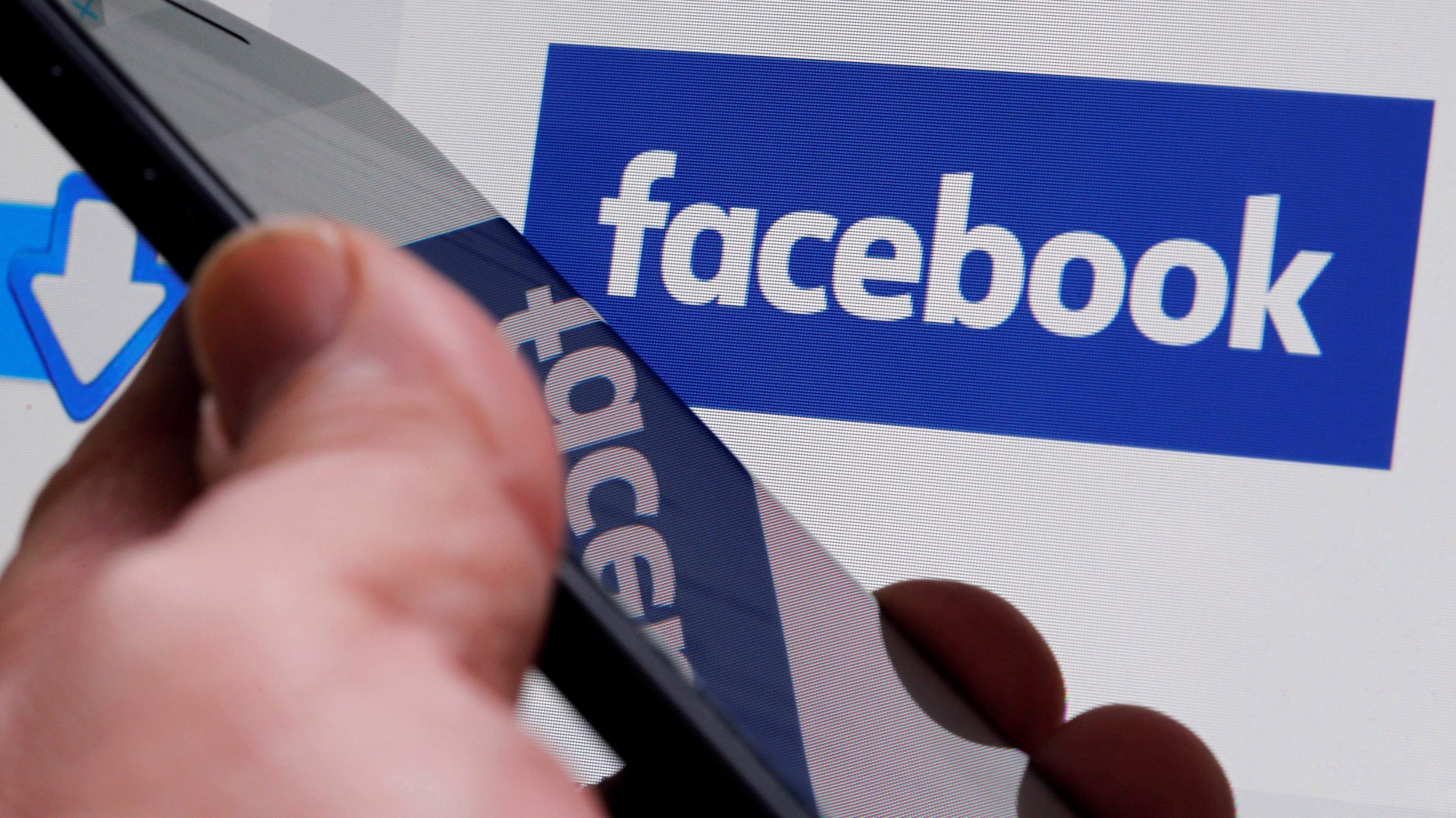A big fine for Facebook reveals a fundamental problem with how it reports user numbers
In one of the largest penalties levied against it (paywall), Facebook was hit with a €110 million ($122 million) fine by the European Commission today for providing “misleading information” over its ability to match its users with WhatsApp’s users when it acquired the chat platform in 2014.


In one of the largest penalties levied against it (paywall), Facebook was hit with a €110 million ($122 million) fine by the European Commission today for providing “misleading information” over its ability to match its users with WhatsApp’s users when it acquired the chat platform in 2014.
At the time it bought WhatsApp, Facebook allegedly misled regulators when it said it couldn’t automatically match its users with those on the messaging platform. But in fact it could, according to investigations led by the European Union’s top antitrust official Margarethe Vestager. ”Facebook staff were aware of such a [technical] possibility,” the commission wrote in a statement.
The fine doesn’t affect the deal, which was cleared by the commission at the time, and Facebook said in a statement that it had acted in “good faith” and that its 2014 filings contained errors but they were “not intentional.”
But the EU investigation throws up new questions about how Facebook counts its users, both on Facebook itself and between its other platforms, WhatsApp, Messenger, and Instagram. One big problem Facebook faces is weeding out duplicate users; creating more than one personal account violates its terms of service. Facebook reports the number of duplicate accounts it discovers in its annual reports (pdf); their existence means that Facebook’s monthly active user numbers are overstated.
In 2014, Facebook told the commission that it couldn’t tell if a Facebook user was also a WhatsApp user. So much for quantifying duplicate accounts between platforms. But a Facebook representative also said that the problem went deeper. It couldn’t precisely count the unique users on Facebook itself, or any of its platforms, because of duplicate accounts.
But sometime just before January 2016, the company gained the ability to detect duplicates both between and within platforms, according to the Facebook rep. Having discovered this technique, it told the commission it was going to change WhatsApp’s terms of service, which took place in August. That change triggered the “misleading information” probe that concluded with today’s fine.
The proportion of Facebook’s global monthly active users that it has identified as duplicates has held at a pretty steady 5-6% a year. This translates into tens of millions of duplicate accounts annually. But if Facebook didn’t have a way to detect duplicates until January 2016 or thereabouts, then its historical user numbers are thrown into doubt.
It’s unclear when Facebook began using its new duplicate detection system, but it could mean that even the 110 million or so dupes discovered last year were understated. In the same vein, it seems like the tens of millions reported in 2015 and earlier would also be too low. The EU’s probe may have ended, but it has prompted new questions about the true size of Facebook’s vaunted 1.9 billion user base.